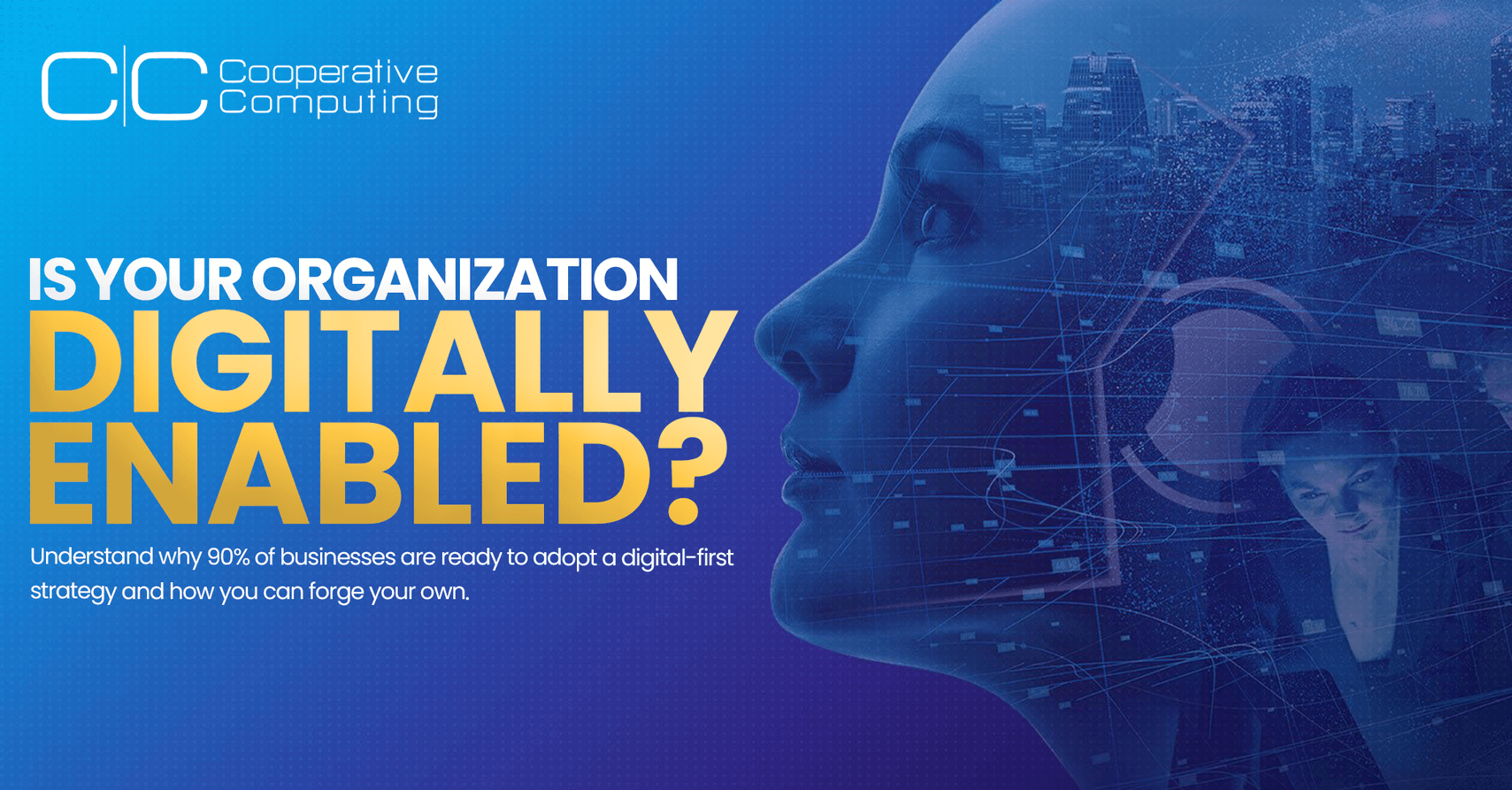The Oxford English Dictionary no longer defines “platform” as “a raised level surface on which people or objects may stand” or “the proclaimed position of a political party or organization,”. Now it also includes “the type of computer system or the software that is used”.
In the corporate sector, however, few have a clear understanding of what the phrase implies or why they would need one. According to Google Trends, interest in the term “digital platform” has doubled since October of last year.
With these crucial concepts in mind, we first need to define the term “digital platform,” and then explore how to implement a digital platform strategy and why a platform mentality is necessary for success in today’s digital economy.
Digital Platform – What Does it Mean?
Think of it as an ecosystem: a digital platform that mixes culture, services, data, and technology on which more innovation and value can be promptly and effectively supplied.
Digital platforms might provide value by facilitating customer and client service innovation, supporting more efficient working methods, and exposing fresh insights from operational data.
According to a recent Deloitte research, four types of digital platforms exist:
Image Courtesy: DPrism
A business platform can include any of the following categories. Most companies value establishing an environment where consumers may learn about and use their goods or services. A platform firm like Salesforce allows customers and partners to develop more value on top of their platform.
Other companies, such as Netflix and Uber, employ a platform approach to speed up the supply of services and value to customers. A successful digital platform strategy requires the same components in both scenarios.
The following are necessary for the successful implementation of a platform business model:
- A team that is flexible and can come up with creative solutions to problems.
- Core services that are shared by teams and organizations must be defined.
- An understanding of the relevance and centrality of data as a company’s vital asset
- Integrated, scalable, agile, and dependable technological basis.
Your growth depends on the digital platform strategy
Platform-based businesses offer a variety of benefits over conventional ones, including the ability to scale rapidly and efficiently. Using a shared platform service for product development speeds up the implementation process. As a result, delivering new services and features based on actual user proof and feedback may happen much more quickly.
Using a platform model instead of conventional, hierarchically structured companies speeds up decision-making. Continuous improvement based on a recurrent feedback loop is at the heart of this approach:
Image Courtesy: Laptrinhx
A Digital platform feedback loop
Increased revenues allow for more aggressive investing in underlying platform capabilities, reinforcing the inherent benefit of the positive feedback loop built into the digital platform. It is becoming more difficult for conventional rivals to keep pace with organizations that use these platform-based feedback mechanisms.
Adopting a digital platform culture
Data, processes, and services are integrated horizontally rather than vertically in platforms, departing from conventional business structures. Heterarchical decision-making and specialization within functionally distinct organizational boundaries are hallmarks of traditional company structures.
A flatter structure with networked collaboration and decision-making processes is often required for platform-based methods that place a higher priority on responsiveness.
Decision-making is shifting from conventional hierarchical leadership positions to empowered and enabled staff members, placing a high value on problem-solving and analytical abilities.
Digital platform organization strategy
The best digital platform companies look for people who can switch positions and learn new skills regularly. To enable their employees to make choices based on data, these organizations provide them with access to the data and analytical tools they need.
Data: The nucleus of digital platform-based business models
The cornerstone of rapid, accurate decision-making is based on accurate, real-time, or near real-time operational data. Improved product and service design and operational efficiency are the results.
Technical data landscapes that can give a 360-degree business picture and process and transmit data as effectively as possible to the personnel and systems that drive the platform-based enterprises ahead are highly invested in by platform-based organizations.
Constantly running Investing in the analytics tools necessary to utilize data to make business choices is crucial.
Developing a set of conventional business services
One of the most important aspects of a platform business model is the ability to identify and automate everyday business operations throughout the firm. For the company, creating a set of standard shared platform services provides two key advantages.
- Benefit 1: By implementing standard service definitions, decision-making and transactional friction is drastically minimized.
- Benefit 2: By using reusable “Lego” building blocks to create new capabilities, the time to market for launching new goods and services is drastically reduced.
Technology basics for powering a digital platform business
Fortunately, the major cloud platform providers, such as Amazon Web Services, Microsoft Azure, and Google’s Cloud Platform, offer an expanding variety of highly complex and wholly managed platform services. These wholly managed services enable organizations to drastically minimize the money they need to build up their technological infrastructure and the accompanying fixed expenditures.
If a company or organization is serious about development and innovation, the benefits of adopting a digital platform business model are becoming more apparent. Organizational rigor and internal operational discipline are critical to implementing an enterprise-wide platform.
Cooperative Computing wants to enable your business to stand and prosper on it’s own digital platform. We will start with a digital maturity assessment to get an understanding of current capability and to set your digital maturity level, then we will work with your team to engineer efficient digital solutions to enable accelerated growth in today’s digital world. Are you ready? We’d love to hear from you.



